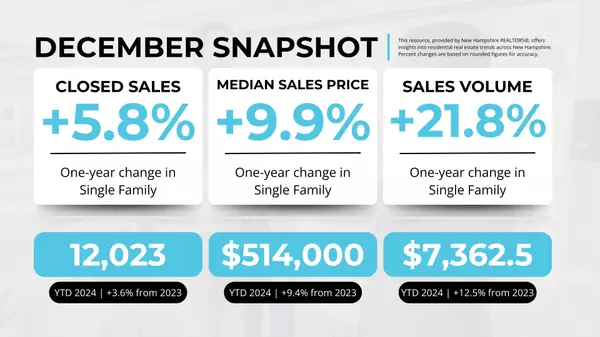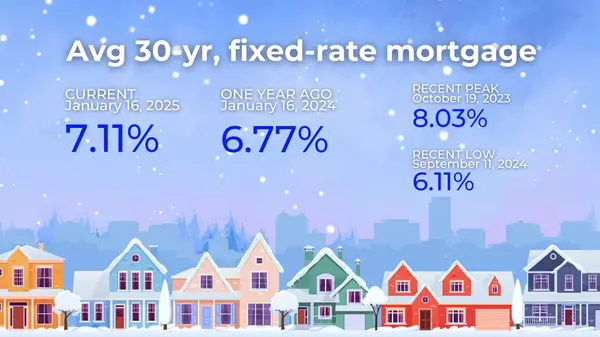Digital Realty US
We are here to serve all of your real estate needs!
LISTINGS
$699,900
4 Beds2.5 Baths3,349 SqFt
11 Yeoman Rd, Charlton, MA 01507
Listed by Matthew Heisler of Vanderbilt Properties, LLC
$959,000
4 Beds4 Baths4,520 SqFt
6 Nelson Rd, Rockland, MA 02370
Listed by Jean Dunn of William Raveis R.E. & Home Services
$899,000
3 Beds2.5 Baths1,887 SqFt
3A Wilson St #3A, Natick, MA 01760
Listed by Paige McVay of Engel & Volkers Wellesley
RECENTLY SOLD
5 Beds3 Baths3,046 SqFt
76 Hillside Rd, North Andover, MA 01845
Listed by Cyndy Demont of William Raveis R.E. & Home Services
3 Beds2.5 Baths1,859 SqFt
75 Greenough St, Haverhill, MA 01832
Listed by Kaitlin Martel of Martel Real Estate
Get Your Home Valuation Report For Free!
Find your home's value in today's market!
MY BLOGS

Advancing Multi-Family Housing: Legislative Updates and Market Insights
Advancing Multi-Family Housing: Legislative Updates and Market Insights
The housing market is buzzing with developments that could significantly impact multi-family properties in the Greater Boston area and beyond. As your trusted real estate expert at Digital Realty US, I keep a pulse on legislative updates and market trends to help you make informed decisions. Here ar
MORE
2024 in Review: NH Housing Market's Affordability Crisis
2024 in Review: NH Housing Market's Affordability Crisis
A historic year for New Hampshire's housing market ended with a median home price of $514,000, reflecting ongoing affordability challenges and limited inventory. The Tale of 2024: Affordability Hits Record Lows in New Hampshire The year-end median price of a single-family home in New Hampshire reach
MORE
Mortgage Rates Stay High Amid Fed’s Conservative Rate Outlook
Mortgage Rates Stay High Amid Fed’s Conservative Rate Outlook
Despite cooling inflation, average 30-year mortgage rates remain above 7%, with the Fed unlikely to deliver a rate cut at its upcoming meetings. Here’s what Boston buyers need to know. Mortgage Rates Hold Steady Amid Fed’s Rate Strategy The December Producer Price Index (PPI) and Consumer Price Inde
MORE
We are here 24/7 to assist you with your home buying and selling needs from start to finish.
Everything we do is intended to make a difference in your life so that you can buy and/or sell with confidence.









